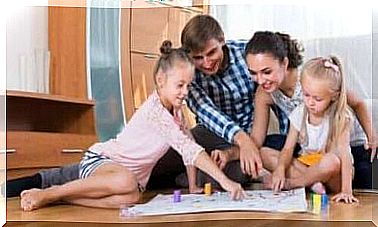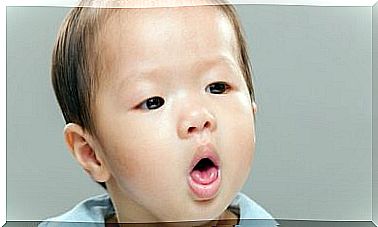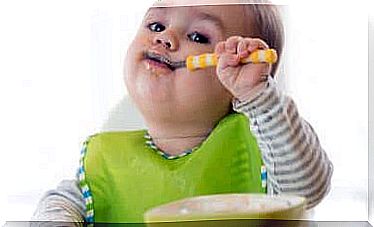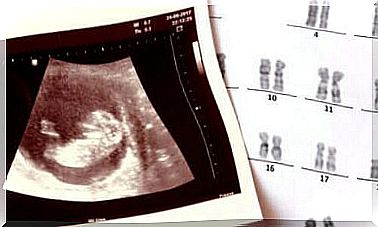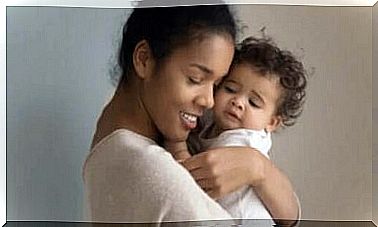How Does Domestic Violence Affect Children?
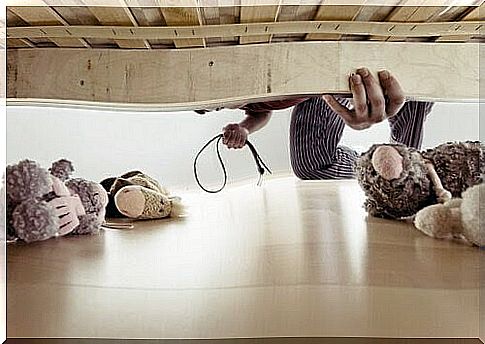
The World Health Organization recently published a study showing the extent of domestic violence and other types of child abuse.
It shows that a large proportion of abuse that affects children aged 15 or younger comes from their family members or guardians.
Most of the consequences are immediate. But the extent of the impact of violence is very clear even in the long run. After all, children affected by violence are affected not only physically, but also psychologically and emotionally.
What is domestic violence?
Domestic violence is defined as all forms of abuse and mistreatment within the nuclear family. Unfortunately, it is common and varies in intensity.
There can be many reasons for domestic violence, but most often the perpetrator has certain characteristics, such as low self-esteem, as well as a lack of ability to deal with emotions and problems. They are intolerant and use force as a tool of power.
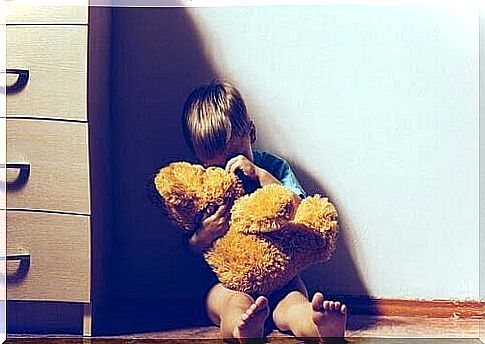
Development of domestic violence
- Step 1 (Introduction). To begin with, the perpetrator creates tensions within the family to place themselves above their victims (the children). This stage is characterized by verbal and psychological abuse.
- Step 2 (Physical aggression). In this phase, the perpetrator loses control of his emotions for some random reason. He or she unleashes all their frustration and negativity on their victims. Episodes of violence can (but do not have to) include physical aggression. Children who are victims of this feel scared and confused.
- Step 3 (Repentance). In the end, the perpetrator tries to make excuses and regrets the injuries he or she has caused. Still, the person does not really change their behavior.
These stages can be repeated and deepen the destructive relationship in a negative spiral of violence.
Consequences of domestic violence on children
The most common consequence of domestic violence against children is that they themselves begin to use the violent behavior as a defense mechanism.
- Physical consequences, such as insomnia, stomach problems, headaches, self-harming behaviors, loss of sphincter control, etc.
- Emotional consequences: low self-esteem, guilt, independent behavior, depression, anxiety, isolation, irritability.
- Academically, children can start to perform poorly in school, have difficulty with friendships and later enter destructive relationships themselves.
Remember that the best thing is always to choose healthy alternatives that can benefit everyone.
How to stop or prevent abuse and mistreatment
Helping to stop and prevent domestic violence is a social commitment. The first step towards stopping it is to acknowledge the problem.
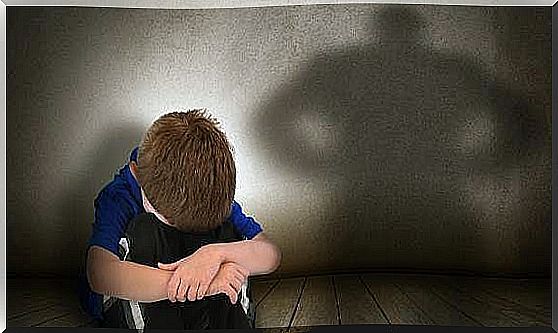
If you suspect that a child is being harmed, you must report a concern to the social welfare board. Later you can also do the following:
- Help your children develop a healthy self-esteem. This will make them appreciate themselves and seek help in case they encounter any kind of abuse.
- Be a role model. Learn to calm yourself down and that attitude will be reflected in your children.
- Help them set realistic goals so that they learn to adapt their perspectives.
- Seek help from the school counselor or psychologist. Getting over being beaten can be difficult. Be consistent and offer them lots of love and understanding.
- Guide them to see the positive side of the experiences and learn from them.
- Set reasonable boundaries and help them follow through without resorting to violence and insults.
Everyone at home must focus on finding healthy solutions that benefit everyone. Above all, it is important to foster respect and avoid violence. There are solutions that are much better and more efficient.
